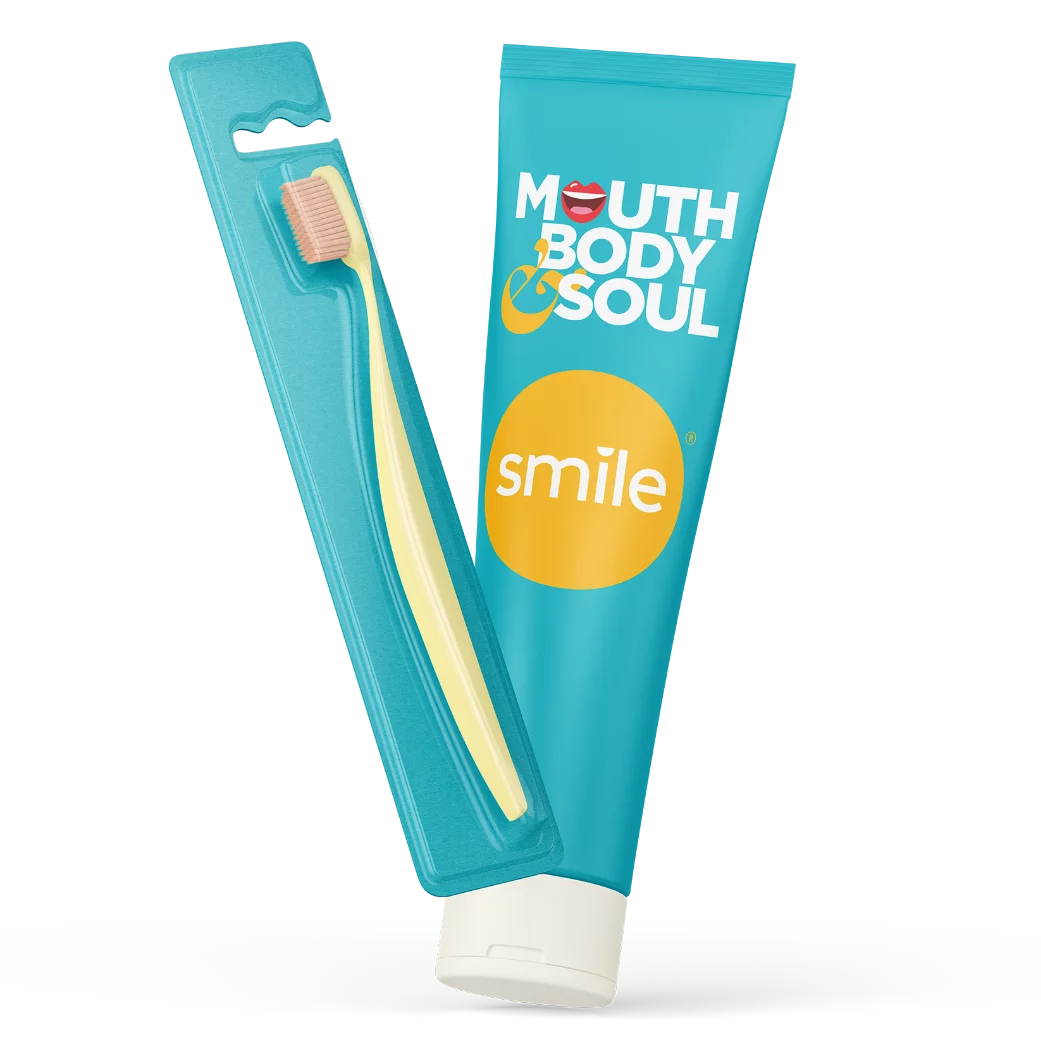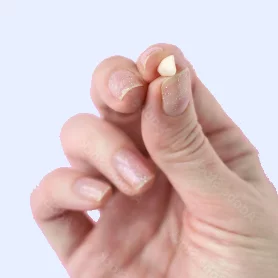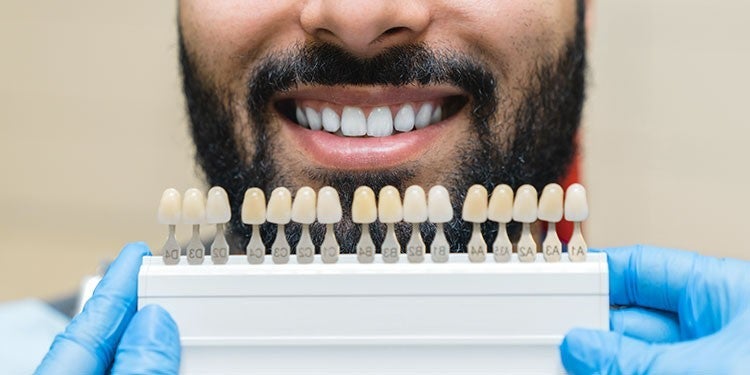How can we help?
The Benefits of Veneers
Veneers offer an excellent solution for transforming your smile. Consider veneers to achieve the healthier, happier smile you’ve always wanted.



Book an Appointment Today
Your journey to a healthier, happier smile starts here. Schedule your consultation today.
Got questions?
We’ve got answers to all of your veneers questions. Browse our FAQs here or give us a call at 1-800-SMILEGEN.
Composite veneers are less expensive than porcelain veneers, costing between $250 and $1,500 per tooth against $925 to $2,500 for porcelain veneers. When comparing composite veneers to porcelain veneers, composite veneers require fewer dental visits for placement and are fastened more quickly and efficiently. On the other hand, composite veneers are not as strong or long-lasting as porcelain veneers. Composite resin veneers are only good for five to seven years, whereas porcelain is suitable for 10-15 year
After the teeth have been prepared, molds are taken. Afterward, you and your dentist will use a shade guide to figure out how to match the color of your natural teeth as precisely as possible. The molds and shade guide are then sent to a lab to become custom veneers.
It may take a week or two for the lab to return the veneers to your dentist. In the meantime, your dentist can make you a temporary veneer to wear until your next appointment. The temporary veneer is only meant to be worn for a short time. When eating with the temporary veneers, use extra caution. Make sure you don't eat anything that could fracture or damage your teeth.
A 3D dental printer can now create veneers. A 3D dental printer employs new resins and a ceramic-filled hybrid material to make veneers.
3D printed veneers are substantially faster than porcelain or composite resin veneers. There's no need to take imprints of your teeth and then ship them off to a lab to be turned into models.
A dentist can utilize a computerized dental scanner and a 3D printer to make the imprints. After that, they'll be able to print a replica of your mouth. There will be no more waiting for the models to be returned from the lab. For the patient, this removes the need for a follow-up appointment.
A 3D dental printer can make veneers with incredible precision, giving you and your dentist confidence that they'll fit your mouth correctly.
When it comes to Lumineers vs. veneers, knowing the benefits and drawbacks might help you decide which option is ideal for you. Veneers and Lumineers are both "shells" that are placed over a tooth's surface. Lumineers are about half the thickness of veneers, so they're less intrusive because they don't require the dentist to remove any enamel. Veneers require more time and effort since the tooth must be shaved down to accommodate the thickness of the material that will be applied to the surface
Related Posts
Related Posts
Sources
Montane Dental Care. (n.d.). How Long Does It Take to Get Veneers Fitted? https://www.montanedentalcare.com/blog/how-long-does-it-take-to-get-veneers-fitted
Byrdie. (n.d.). Veneers Process: What to Expect When Getting Veneers. https://www.byrdie.com/veneers-process
Pioneer Greens Dentistry. (2017, July 7). How Long Do Porcelain Veneers Last? https://www.pioneergreensdentistry.com/blog/2017/07/07/how-long-do-porcelain-veneers-last/
El Portal Dental Group. (n.d.). What Are Veneers and How Do They Work? http://www.elportaldentalgroup.com/Blog/TabId/20074/PostId/4625/what-are-veneers-and-how-do-they-work
Aspen Dental. (n.d.). Dental Veneers. https://www.aspendental.com/dental-services/cosmetic-dentistry/dental-veneers
Healthline. (n.d.). Dental Veneers: Procedure, Benefits, and Risks. https://www.healthline.com/health/dental-veneers
Pioneer Greens Dentistry. (2017, July 7). How Long Do Porcelain Veneers Last? https://www.pioneergreensdentistry.com/blog/2017/07/07/how-long-do-porcelain-veneers-last/
Healthline. (n.d.). How Long Do Veneers Last? https://www.healthline.com/health/how-long-do-veneers-last



















